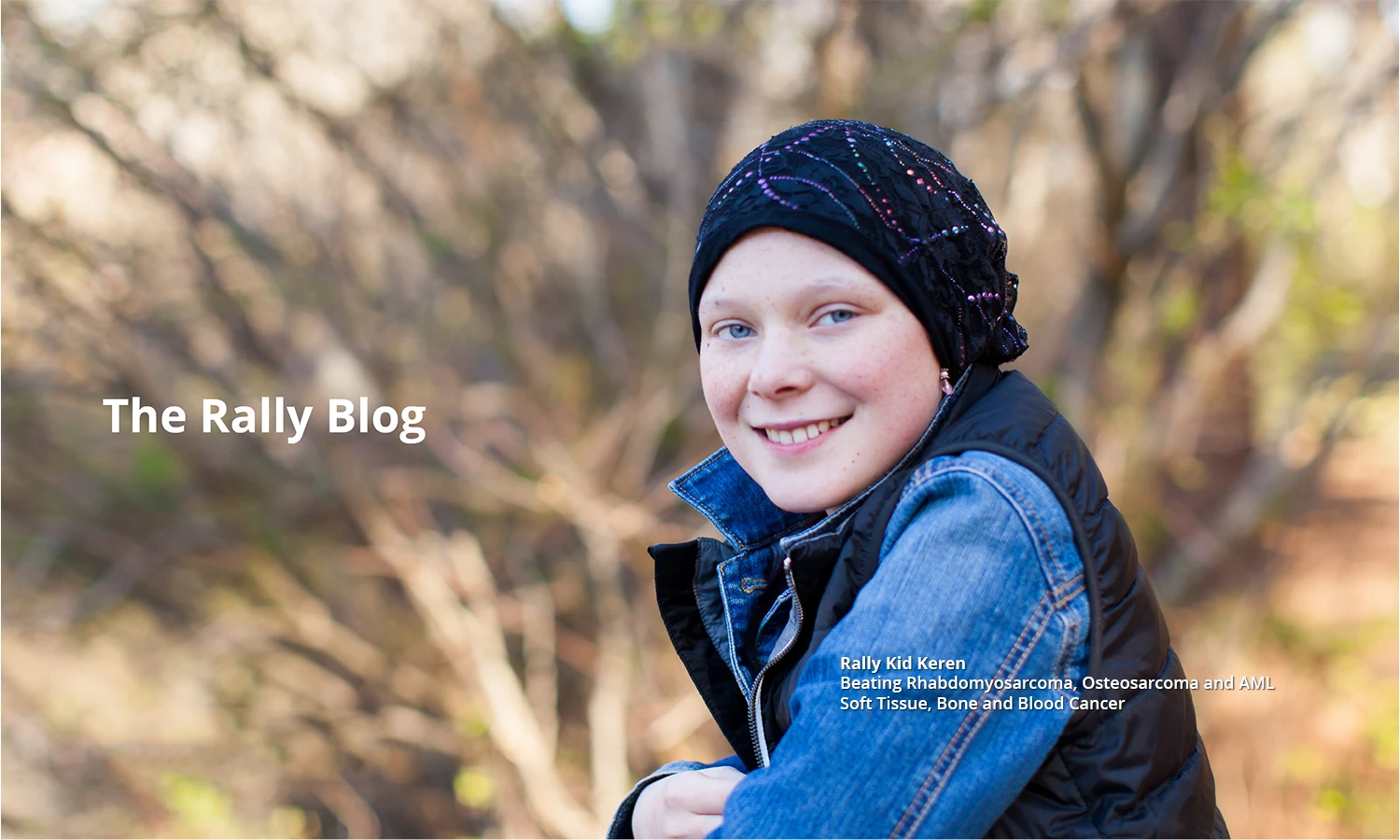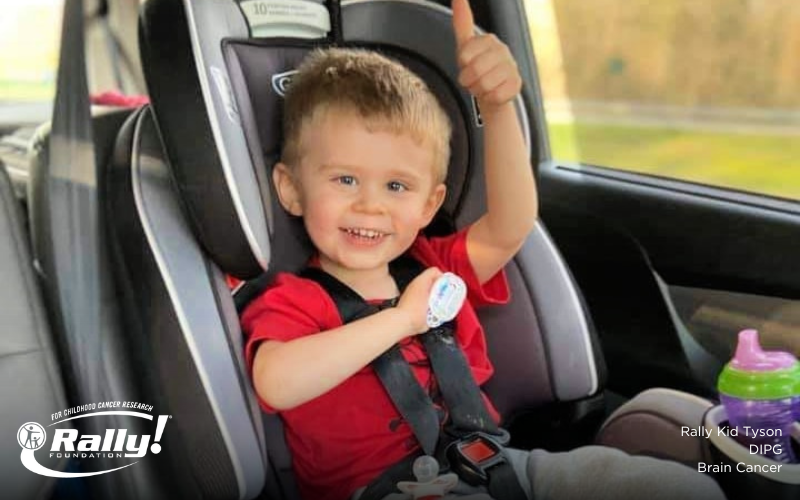
What is Diffuse Intrinsic Pontine Glioma (DIPG)?
Diffuse intrinsic pontine glioma (DIPG) is a brain tumor found in a part of the brain stem—above the back of the neck and connected to the...
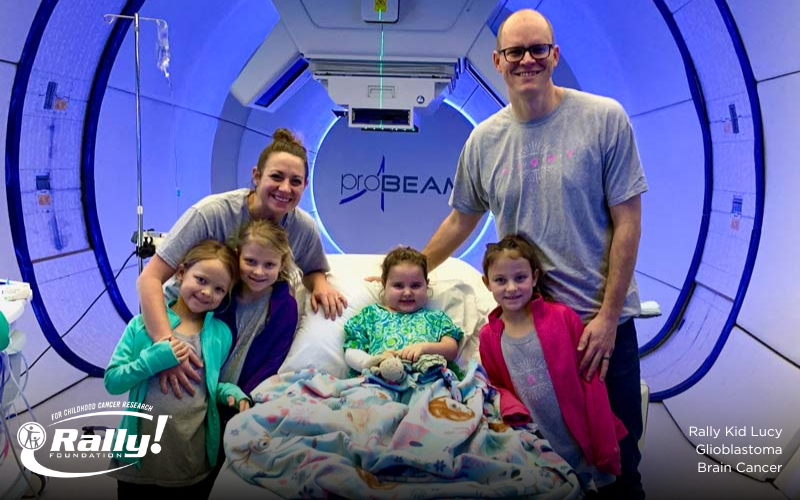
What is a Glioma?
“Glioma” is a general term for a group of tumors that begin in glial cells—the supporting cells of the brain. Gliomas are classified based...
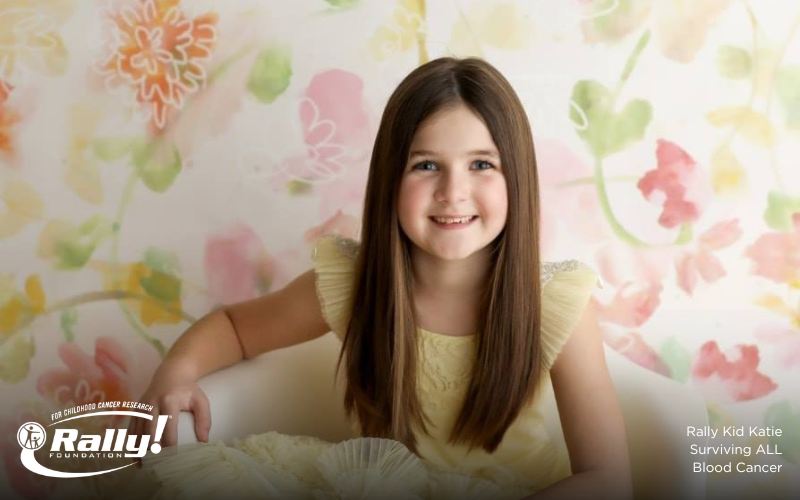
What is Acute Lymphoblastic Leukemia (ALL)?
Acute lymphoblastic leukemia, also called acute lymphocytic leukemia, or ALL for short, is a type of blood cancer that causes bone marrow...
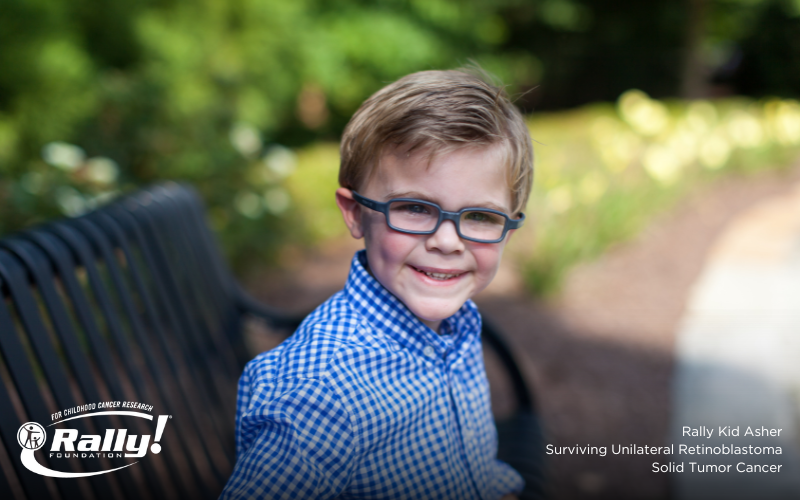
What is Retinoblastoma?
In simple terms, retinoblastoma is an eye cancer that develops in the immature cells of the retina. Though it is rare—with approximately...

What is Wilms Tumor?
Wilms tumor is a type of kidney cancer that primarily develops in children around the ages of three and four. It’s the most common type of...
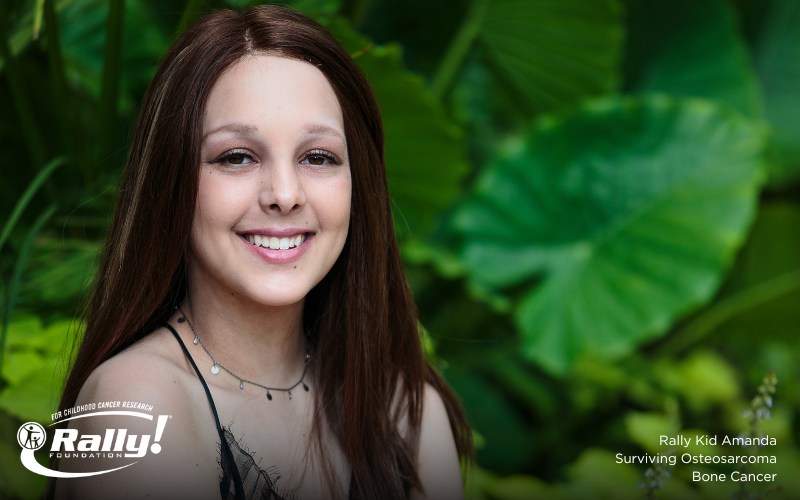
Cancer in Teens and Young Adults
Childhood cancer is a big problem. In the U.S. alone, 46 children are diagnosed with cancer every school day. But it doesn’t just affect...
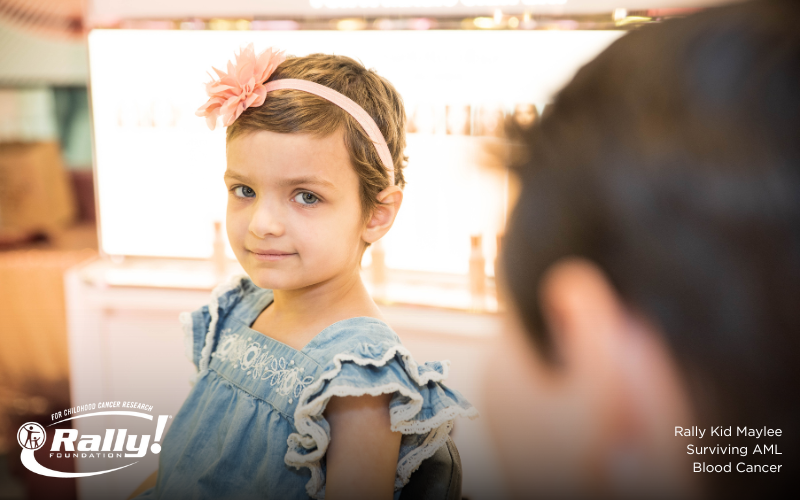
What is Acute Myeloid Leukemia (AML)?
Acute myeloid leukemia (AML) is a blood cancer of the myeloid cells that normally form white blood cells, red blood cells or platelets....
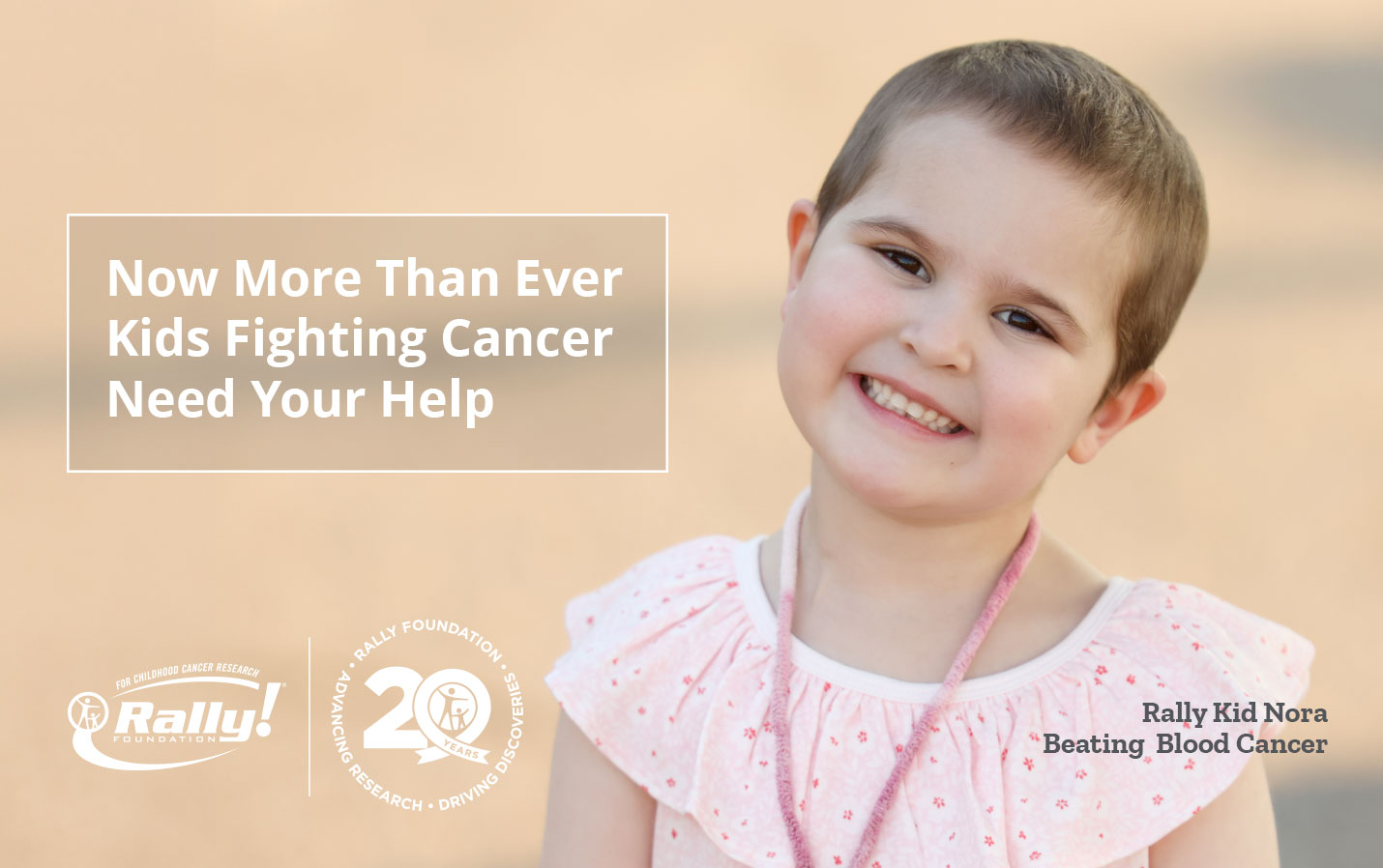
Dean’s Letter – December 2025
Twenty years ago, Rally was birthed from a prayer circle in a driveway. William Olson, a junior in high school, was battling brain cancer...
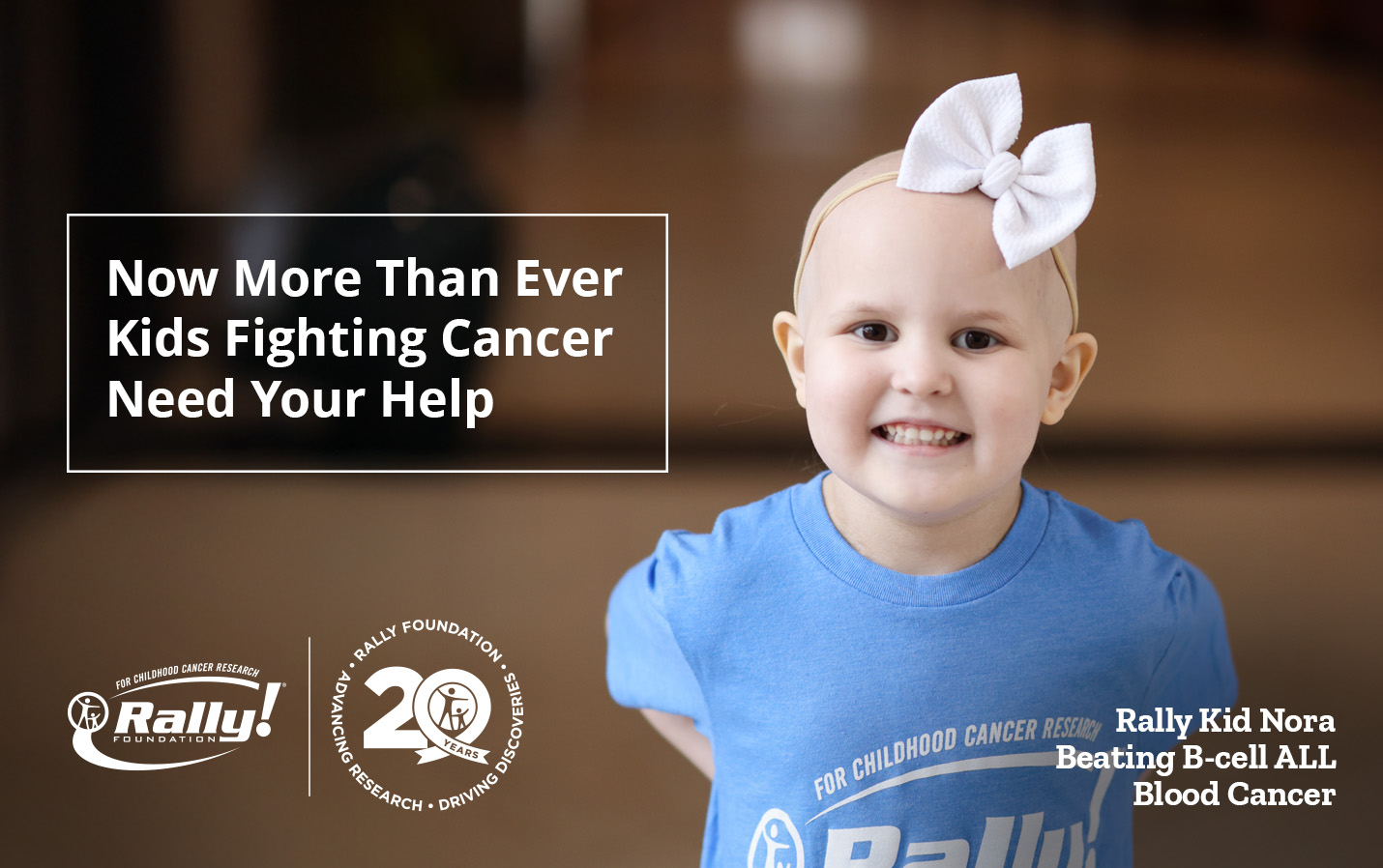
A Message From Nora
Hi! My name is Nora. I am 7 years old and I have a blood cancer called ALL — for a second time. The first time, I was 4 years old and I...
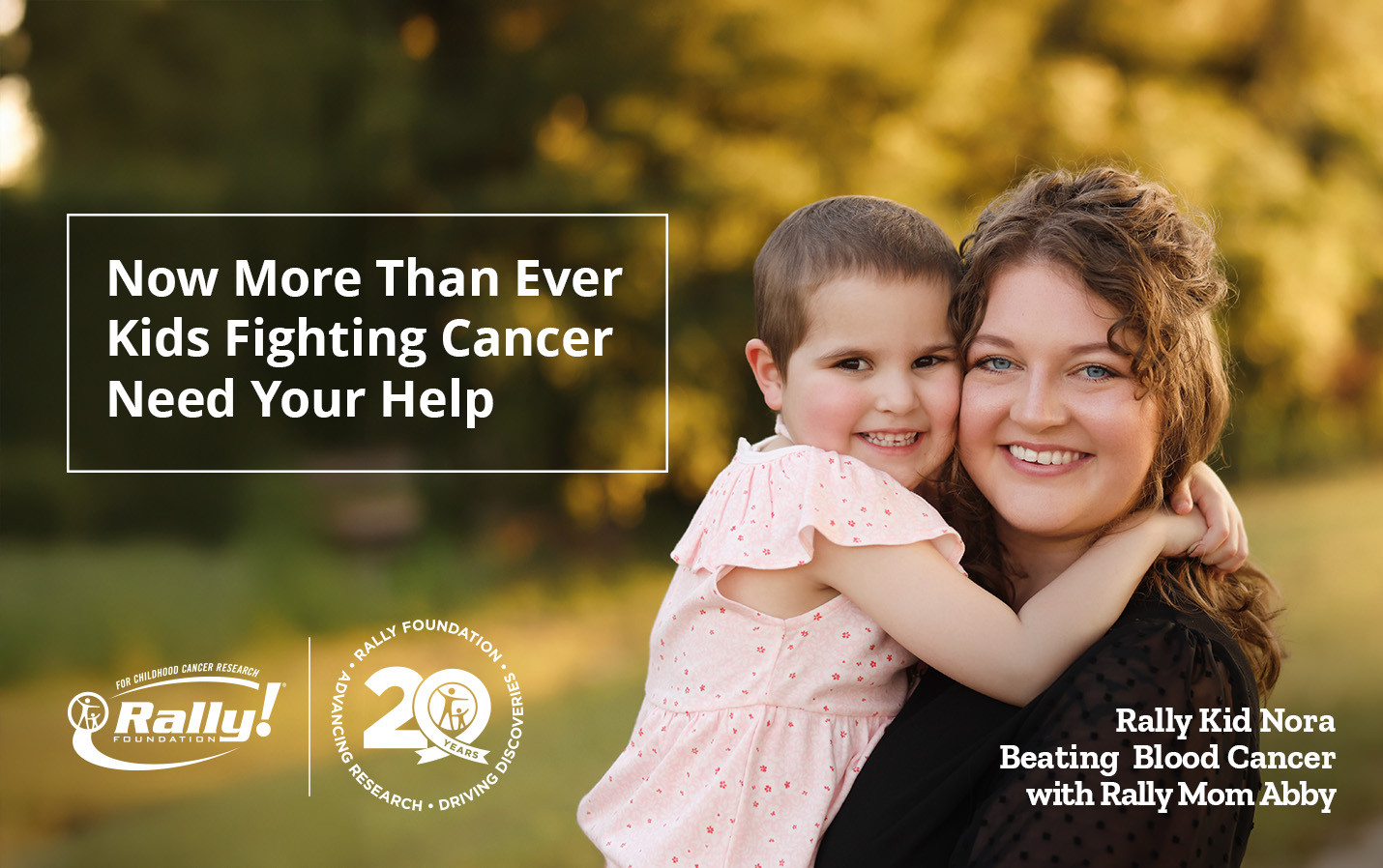
Rally Kid Nora: Fighting for Her Future — Again.
Dance, tumbling, playing outside and all things pink — these are the joys that light up Rally Kid Nora’s world. She loves to go to school...
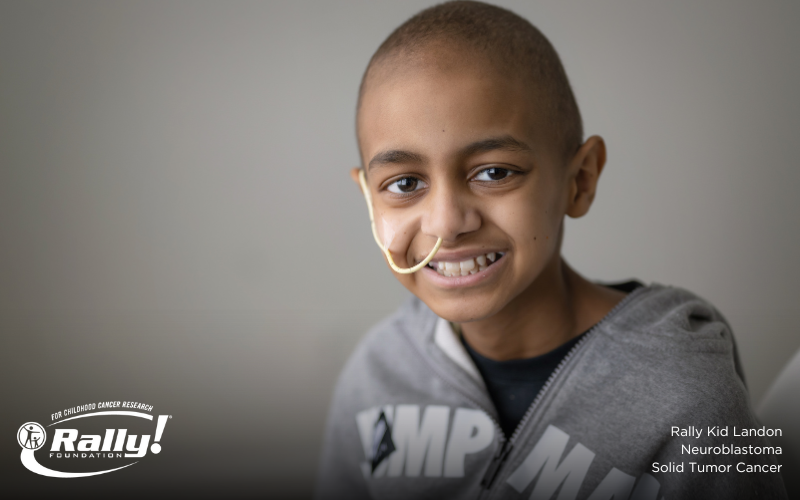
What is Neuroblastoma?
Neuroblastoma is a cancerous tumor that develops in the nervous system of babies and young children. It can also occur, rarely, in adolescents. A neuroblastoma tumor often affects immature nerve tissue called neuroblasts. The most common area for neuroblastoma to appear is in the adrenal glands, which sit above the kidneys. Adrenal glands produce hormones that control body functions such as digestion, blood pressure, breathing and heart rate. Neuroblastoma can also begin in other areas of the...
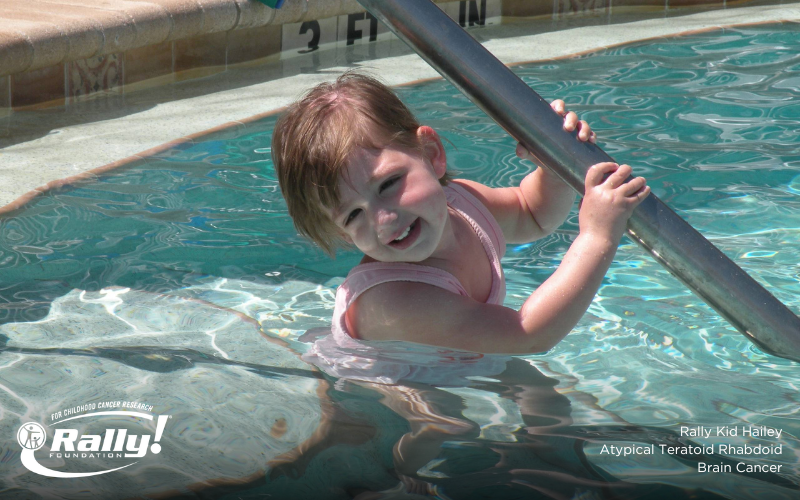
What is Atypical Teratoid/Rhabdoid Tumor (AT/RT)?
Atypical Teratoid/Rhabdoid Tumor (AT/RT) is a rare and fast-growing tumor that typically originates in the brain and spinal cord. These tumors most often occur in the part of the brain called the cerebellum, which controls movement and balance, or in the brain stem, which controls vital functions like breathing and heart rate. AT/RT mainly occurs in children under the age of three, but it can occur in older children and very rarely in adults. AT/RT is found in fewer than 3% of children with...

A Letter To Rally Kid Alexa
Dear sweet Alexa, Yesterday’s passage of the funding bill in the Senate (yes, it’s now 2026!) was a win inspired by you so many years ago. I first learned what advocacy really looks like because of you. You were only a preschooler, and yet you understood exactly what mattered. You marched up to Capitol Hill, climbed into Senator Johnny Isakson’s lap, and, very matter-of-factly, asked him for $1 million for childhood cancer research and to come to an ice cream party with you that afternoon. He...
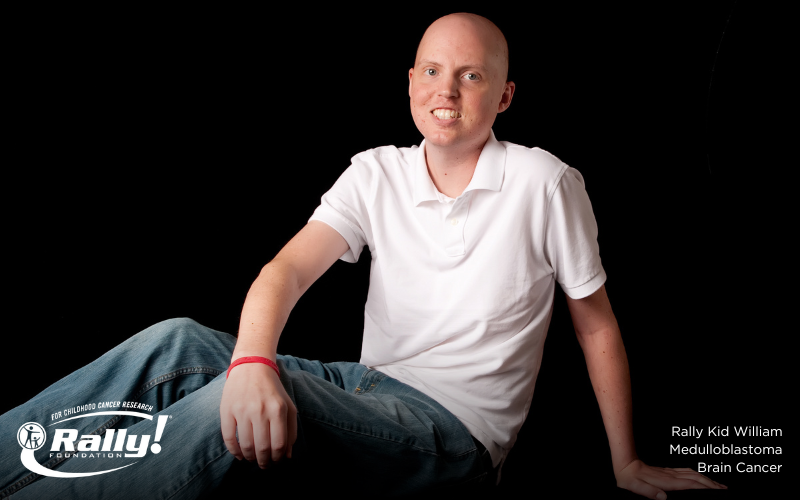
What is Medulloblastoma?
Medulloblastoma is a type of brain cancer that’s most commonly found in children. “Medulloblastoma starts in the cerebellum, which is located in the back of the brain,” explained Rally-funded Researcher Dr. Jezabel Rodriguez-Blanco, Assistant Professor, Department of Pediatrics at the Medical University of South Carolina. “It is a fast-growing tumor that often compresses the ventricle that brings the protective cerebrospinal fluid to the brain. The cerebellum is the part of the brain that...

What is Diffuse Intrinsic Pontine Glioma (DIPG)?
Diffuse intrinsic pontine glioma (DIPG) is a brain tumor found in a part of the brain stem—above the back of the neck and connected to the spine—called the pons. The pons is a vital part of the brain, controlling critical bodily functions like breathing, swallowing, blood pressure, heart rate, eyesight and balance. DIPG occurs almost exclusively in children; most often between the ages of four and 11. DIPG accounts for roughly 10-15% of all brain tumors in children. These tumors—called gliomas...

What is a Glioma?
“Glioma” is a general term for a group of tumors that begin in glial cells—the supporting cells of the brain. Gliomas are classified based on their location and by the type of glial cell—astrocytes, oligodendrocytes or ependymocytes—from which they arise. Thus, many different types of brain tumors are classified as gliomas, like astrocytomas, oligodendrogliomas, ependymomas, brain stem gliomas and glioblastomas. About half of all pediatric brain and spinal cord tumors are gliomas. Gliomas are...
